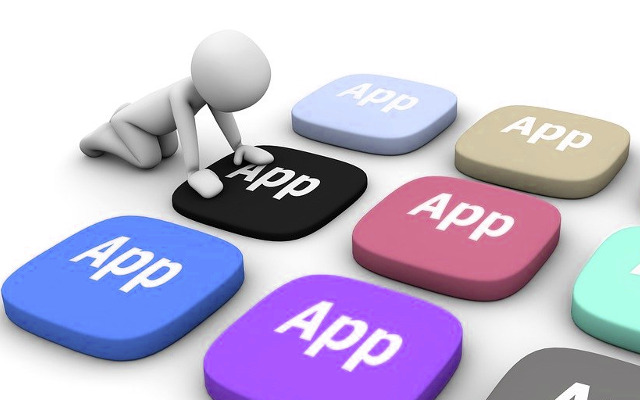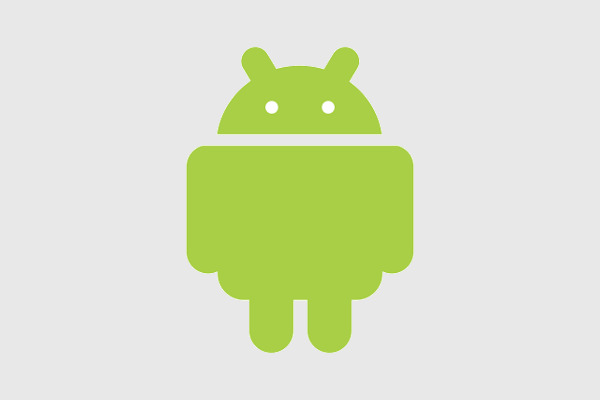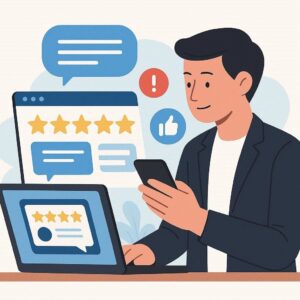Increasing App Downloads by Purchasing High-Quality Upvotes vs Cheap Upvotes
Launching an app today is more challenging than ever, with millions of applications competing for attention across major marketplaces. Developers may create innovative features but still struggle to gain traction once their app goes live. Visibility is critical, and understanding competitive dynamics helps plan a publishing strategy that reaches the right users. The debate between high-quality upvotes vs cheap upvotes illustrates an important principle, which is the fact that sustainable engagement builds credibility and long-term success. The same mindset applies to app publishing.
Getting Upvotes to have Your App Seen in a Crowded Market
In digital marketing, creators are frequently faced with the challenge on how to have an effective engagement. Buying comment upvotes can help big time in terms of boosting exposure and respect. And when it comes to app publishing, where discoverability is influenced not just by exposure but also by the quality of interaction and consistent activity. An app listing functions like a digital storefront; presentation, metadata, visuals, and reviews all play critical roles in attracting and retaining users.
Developers who optimize these elements while prioritizing authentic engagement can ensure their app stands out in crowded marketplaces, building sustainable success rather than relying on fleeting attention. By blending visibility with credibility, app creators transform digital exposure into tangible growth.
Solve Visibility Issues with Metadata and ASO

Proper metadata and App Store Optimization (ASO) ensure your app appears in the right searches. Titles, descriptions, and keywords must communicate value clearly and align with what users actively seek. Thoughtful ASO increases discoverability, much like high-quality engagement strengthens the impact of upvotes. Ignoring these factors often leaves even well-developed apps buried under hundreds of similar listings.
Creating a Solid First Impression that Lasts
Visual assets such as icons, screenshots, and preview videos communicate an app’s value proposition more effectively than text alone, capturing attention in seconds. These elements not only showcase features but also set user expectations, creating a solid first impression. Meanwhile, reviews act as social proof, signaling credibility and reliability to potential users.
Positive feedback reinforces trust, while constructive responses demonstrate that developers listen and care about their audience.
Developers who actively manage both visual assets and user feedback cultivate a reputation that complements their (ASO) strategy, enhancing visibility and discoverability. When high-quality visuals align with credible, engaging reviews, casual attention transforms into meaningful engagement, converting browsers into loyal users.
Profiting from Your Published Apps
Clear and transparent pricing models build user trust and reduce hesitation. Whether offering free tiers, subscriptions, or one-time purchases, aligning pricing with user expectations avoids frustration and improves the onboarding experience. Just as high-quality engagement shows commitment, thoughtful monetization signals long-term reliability and planning.
Consistent Updates and Marketing
Maintaining relevance requires regular updates and strategic marketing. Frequent updates show that the app is actively supported and can improve app store rankings. Marketing campaigns on social media, tech communities, and forums extend reach beyond the app store. The benefits mirror high-quality upvotes: consistent, reliable effort produces lasting visibility and sustains user interest.
A successful app publishing strategy blends discoverability, credibility, and engagement into a cohesive plan. Developers who prioritize quality at every stage, from ASO and assets to monetization and marketing, create apps that attract attention and retain users. By applying the lessons of high-quality engagement over cheap shortcuts, apps can achieve long-term success in an increasingly crowded digital marketplace.





 Your online reputation can make or break your presence. Whether you’re a business owner, freelancer, or professional, the way you appear on the internet influences how people see you. Thanks to mobile apps and online platforms, managing your reputation has become easier, faster, and more effective. These tools give you control over your public image and help you build trust in a digital space where opinions spread fast.
Your online reputation can make or break your presence. Whether you’re a business owner, freelancer, or professional, the way you appear on the internet influences how people see you. Thanks to mobile apps and online platforms, managing your reputation has become easier, faster, and more effective. These tools give you control over your public image and help you build trust in a digital space where opinions spread fast.